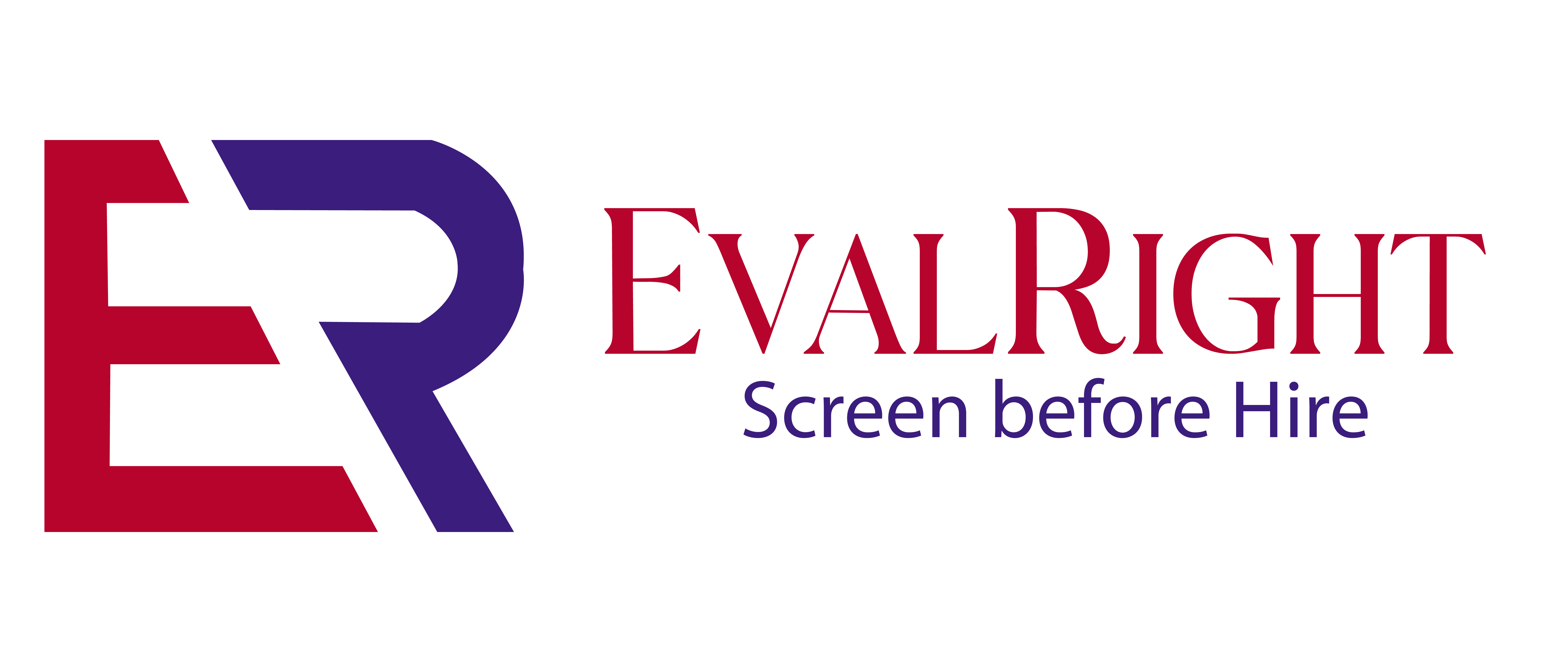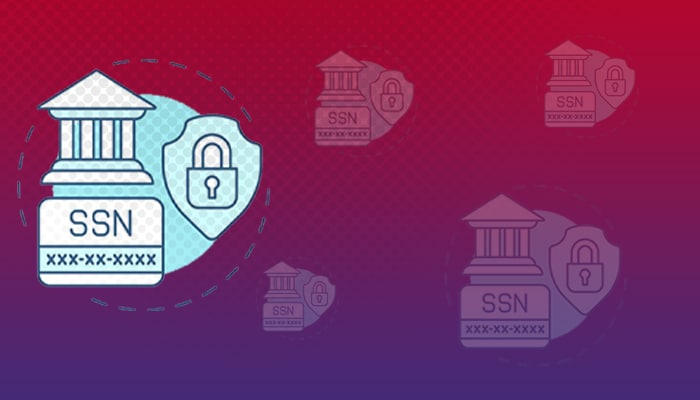In the United States, a Social Security Number (SSN) is a unique nine-digit identification number issued to U.S. citizens, permanent residents, and temporary residents. It is widely used for various purposes, including employment, tax reporting, and accessing government benefits. SSN Verification is a process used by businesses and organizations to confirm the validity of an individual’s SSN.
Social Security Number Verification is a process used to confirm that a provided Social Security Number is valid and matches the individual’s name and other identifying information. This process is crucial for various purposes, including Employment Background Checks, banking, credit applications, and government services.
SSN verification is an important step in many industries, such as finance, healthcare, and human resources, as it helps to ensure compliance with regulations and reduces the risk of identity theft and fraud. The verification process typically involves comparing the provided SSN with official records to confirm its authenticity.
Here’s an in-depth look at what SSN Verification involves:
Purpose of SSN Verification
SSN Verification serves several critical functions:
1. Employment Verification: Employers use it to confirm that potential employees are legally eligible to work in the United States.
2. Financial Accuracy: Banks and financial institutions verify SSNs to prevent fraud, ensuring that financial records and credit information accurately match the individual.
3. Government Services: It’s used to access government services and benefits, ensuring that the right individuals receive the correct entitlements.
How SSN Verification Works
1. Verification Requests: Organizations that need to verify an individual’s SSN submit a request, usually through electronic systems provided by the Social Security Administration (SSA) or other authorized third parties.
2. Database Check: The submitted SSN is checked against the SSA’s database to confirm it matches the given name, date of birth, and other identifying details.
3. Results: The system returns a result indicating whether the SSN is valid and matches the provided information.
Systems for SSN Verification
Social Security Number Verification Service (SSNVS): This is a service offered by the SSA primarily for employers to verify the numbers of their employees.
Electronic Verification Systems (EVS): Some businesses utilize electronic verification systems to validate SSNs during the application or onboarding process.
Third-Party Verification Services: There are various third-party services that offer SSN verification solutions, providing quick and reliable results.
Importance of SSN Verification
Prevents Identity Theft: By ensuring that an SSN matches an individual’s identity, it’s harder for imposters to commit fraud.
Enhances Workplace Compliance: Helps employers comply with legal requirements by ensuring their workers are eligible to work.
Accuracy in Record Keeping: Ensures that records, especially financial ones, are accurate and correspond to the right individual.
Benefits of SSN Verification:
1. Identity Verification: SSN verification helps businesses confirm the identity of individuals, reducing the risk of fraudulent activities.
2. Compliance: Many industries are required to verify the SSNs of employees and customers to comply with legal and regulatory requirements.
3. Fraud Prevention: Verifying SSNs can help prevent identity theft and fraudulent use of personal information.
4. Accuracy: Ensuring the accuracy of SSNs can minimize administrative errors and improve data quality.
Conclusion
SSN Verification is a vital tool in maintaining the integrity of employment, financial, and governmental systems. As technology evolves, so do the methods and systems for SSN Trace, with increasing emphasis on security and efficiency. Whether for employment, financial services, or accessing government benefits, the importance of accurately verifying an SSN cannot be understated in today’s interconnected world.


